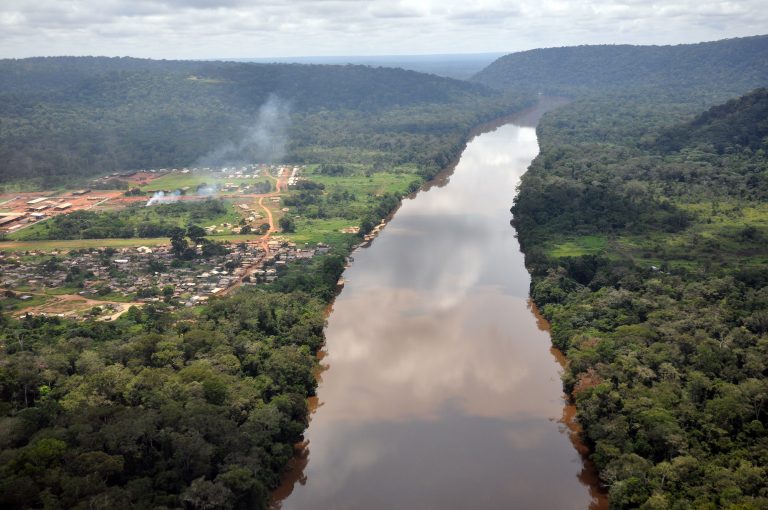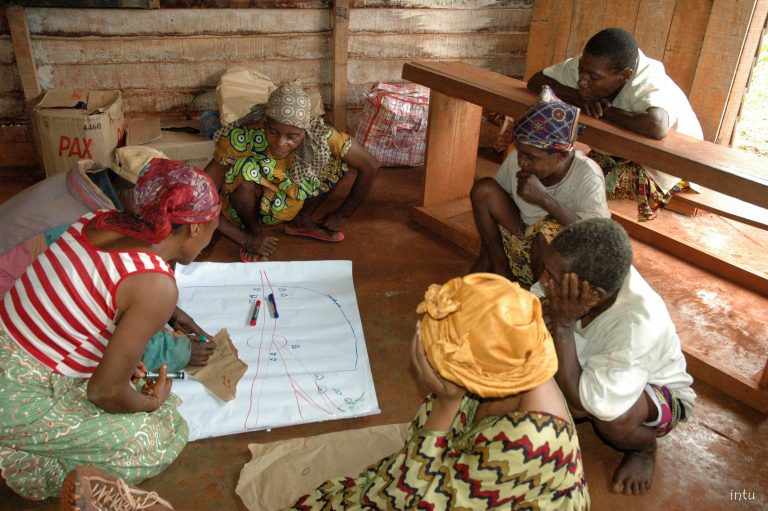 |
 |
The expansion of investment and infrastructure into remote forest areas brings both opportunity and risk. Global safeguards exist to guide sustainable development but are often inadequate to deal with the complex trade-offs at the landscape scale. There is a need to understand how local governance systems can support inclusive and resilient futures in tropical forest landscapes. Focusing on forest areas of high biodiversity and high poverty in Cameroon and Cambodia, our research has three objectives:
1: Evaluate the inclusiveness of land-based investments and infrastructure projects
Large scale investments tend to favour corporate and political interests, without addressing concerns of IPLCs. There is a need to explore how inclusion and community empowerment are addressed in policies and impact assessments.
2. Identify attributes of landscape governance that promote resilient systems
Drawing from principles for social-ecological resilience, we will explore how landscape governance arrangements can balance conservation and development trade-offs of investments.
3. Derive lessons for how to leverage future investments for inclusive, resilient, and sustainable forest landscapes
Leverage points will help to identify principles and actions for steering land-based investments and accompanying infrastructure, including policies at local, national, and international scales
Our collaborators include: IUCN Cameroon, WWF Cameroon, WCS Cambodia, and Dr. Lingfei Weng at Chongqing University, and Professor John Innes at UBC Faculty of Forestry.
Funding: Social Science and Humanities Research Council of Canada Insight Development Grant 2022-2024